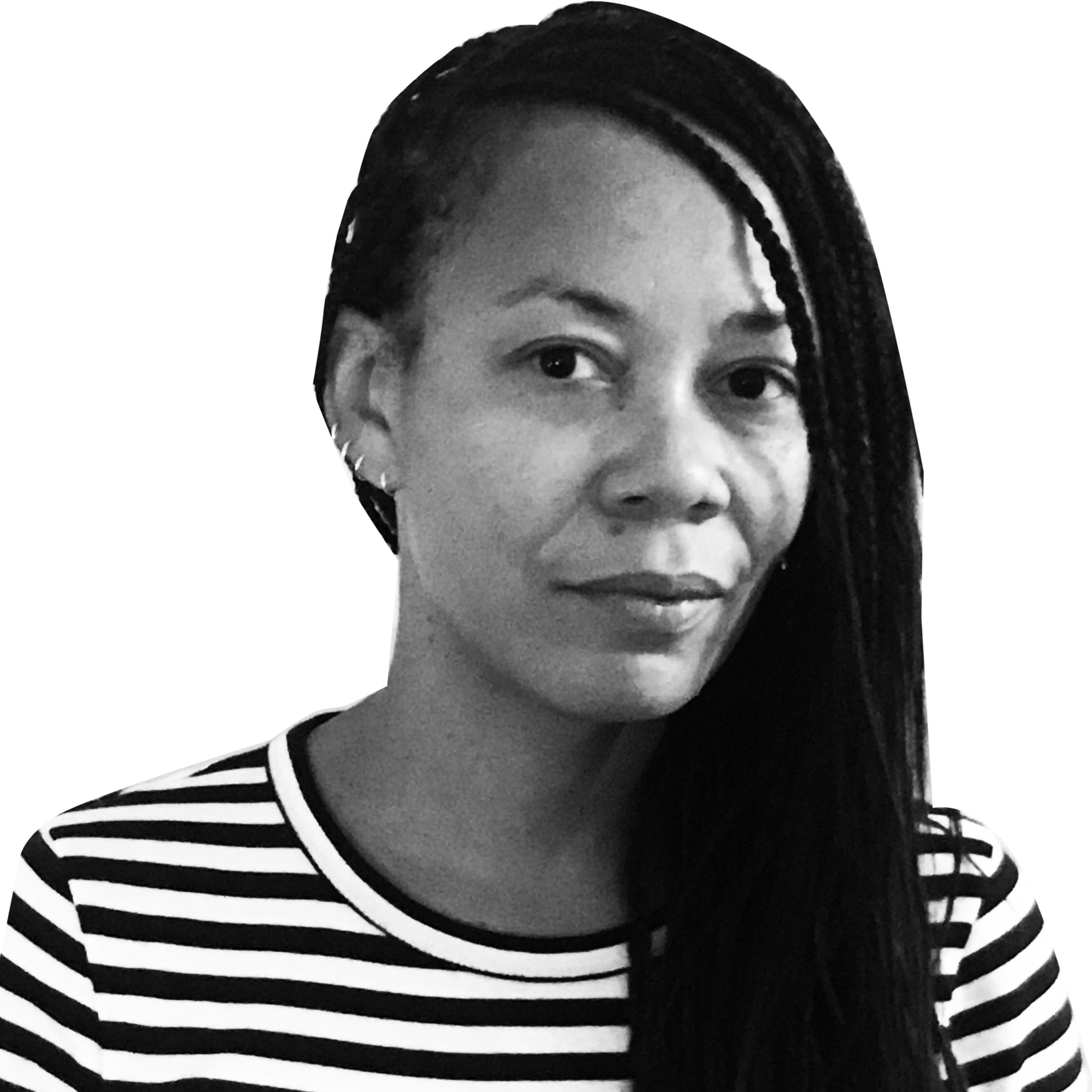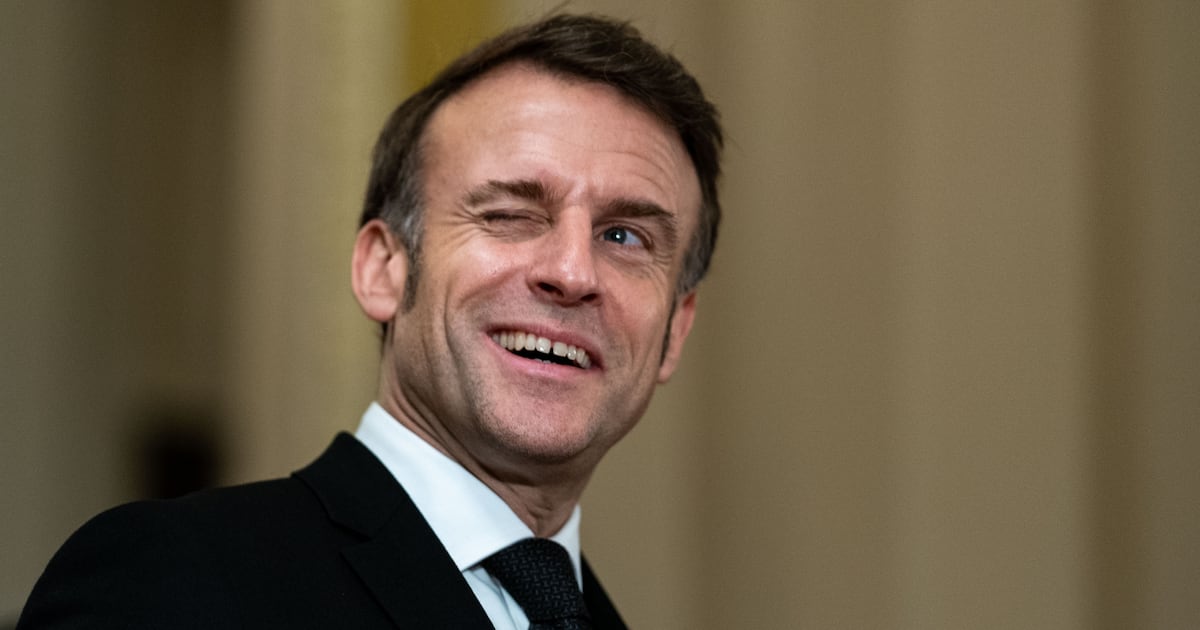We learned a lot about what happens behind the closed doors of Buckingham Palace from Oprah Winfrey’s interview with the Duke and Duchess of Sussex, but maybe the most astonishing revelation was that Meghan Markle felt like she “just didn’t want to be alive anymore” during her former life as a royal. The over the top racism and sexism she experienced, both within the Royal Family and from British tabloids, had eroded her mental health so severely that she didn’t want to be left alone out of fear that she might self harm.
It was an admission that felt familiar to so many Black women. Even those of us who have never had royal digs or TV money—or have never experienced suicidal ideation—intimately know how misogynoir taxes you, wearing you down physically, spiritually, and psychologically.
It is, of course, no surprise that the British crown has a race problem. This is an empire that amassed its wealth through centuries of ruthless and rapacious theft and colonization, primarily of nations full of brown folks, a centuries-old enterprise founded on the idea of divinely ordained wealth, power, and boundless expansion. You cannot tease apart the startling whiteness of the royal family from their regality.
The Crown represents—is even a kind of metonymic stand-in—for the sort of “unblemished” WASPiness that a majority of toxically nostalgic Britons desperately hoped to return to with their Brexit votes. Biological preservation of racial whiteness, for the royals, is essential to the preservation of the Crown itself. That’s why someone in the royal family asked Harry, not so much as a question but as a tacit warning, about how dark their unborn child’s skin would be—how far it would stray from the royally white ideal. Alleged pedophilia, they can understand, but one drop of Blackness was enough to make the Firm overturn centuries of tradition around who gets a royal title.
It’s not hard to imagine that the royals regarded Meghan, and Archie, her son with Harry, more as subjects from the brown lands they’ve taken over than as members of the royal family. Markle recounted how, before her wedding day, Kate Middleton made her cry, but tabloids later reported that it was Markle who had reduced Middleton to tears. How convenient that the palace didn’t correct the record. It’s every tired trope about sassy, bossy, rude, bullying Black women neatly packaged into a phony anecdote about white lady tears. Of course the narrative was that Markle was the aggressor. Black women are never allowed to be victims, even if the truth has to be twisted to ensure they are not.
The British tabloids pushed this image to the extreme, labeling Markle “Duchess Difficult” and “Hurricane Meghan”; they even tried to turn her into a “gangster” with headlines calling her “(almost) straight outta Compton.” They covered Markle as an overbearing “disruptor” who strong-armed Harry into abandoning his family.
And then, for good measure, they made Kate into the frightened white girl traumatized by the scary Black woman who had no business being there in the first place—who had the audacity not to know her rightful place—an uppity “show off” who “went from cotton slaves to royalty.” Now the palace claims it’s investigating allegations of bullying against Markle. Convenient timing.
If this is how the Firm treated a fair-skinned biracial Black woman, the only sort of black woman who would’ve been granted even the limited and highly conditional accepted Markle was granted, we know the even bolder kind of racism that would’ve been lobbed at a woman who less thoroughly passed the paper bag test with so much colorist-room to spare.
As it was, their treatment of Markle was enough to leave her suicidal. Even Markle’s visibility and privilege were no match for the institutional racism at the heart of one of the world’s most historically racist, imperialist institutions. There are millions of Black women without a fraction of Markle’s resources who each day navigate white spaces that are fighting to remain white, places in which their very existence is greeted with disdain—or unacknowledged, except for when it is attacked.
At one moment in the interview, Markle remarked that she was given no formal training on the proper protocols for being a royal in the public eye. The family didn’t want her to succeed in her role, and from the sound of it, denied any support that would’ve facilitated that success. And then when she did well despite all that, Harry implied, the family was resentful. It’s all too familiar for anyone who has experienced the inhospitable treatment of spaces that are supposed to be closed to you.
Clearly, Markle isn’t any kind of radical. She often tiptoes around her Blackness for many reasons, including the mistaken belief that doing so might mitigate racist responses. And her words were carefully chosen during the interview But whiteness under threat can’t be mollified or appeased in this way. For every Markle, there are so many Black women dealing with worse and enduring in spaces that wear them down in ways both overt and insidious. Seems like that’s the most important takeaway of all.






